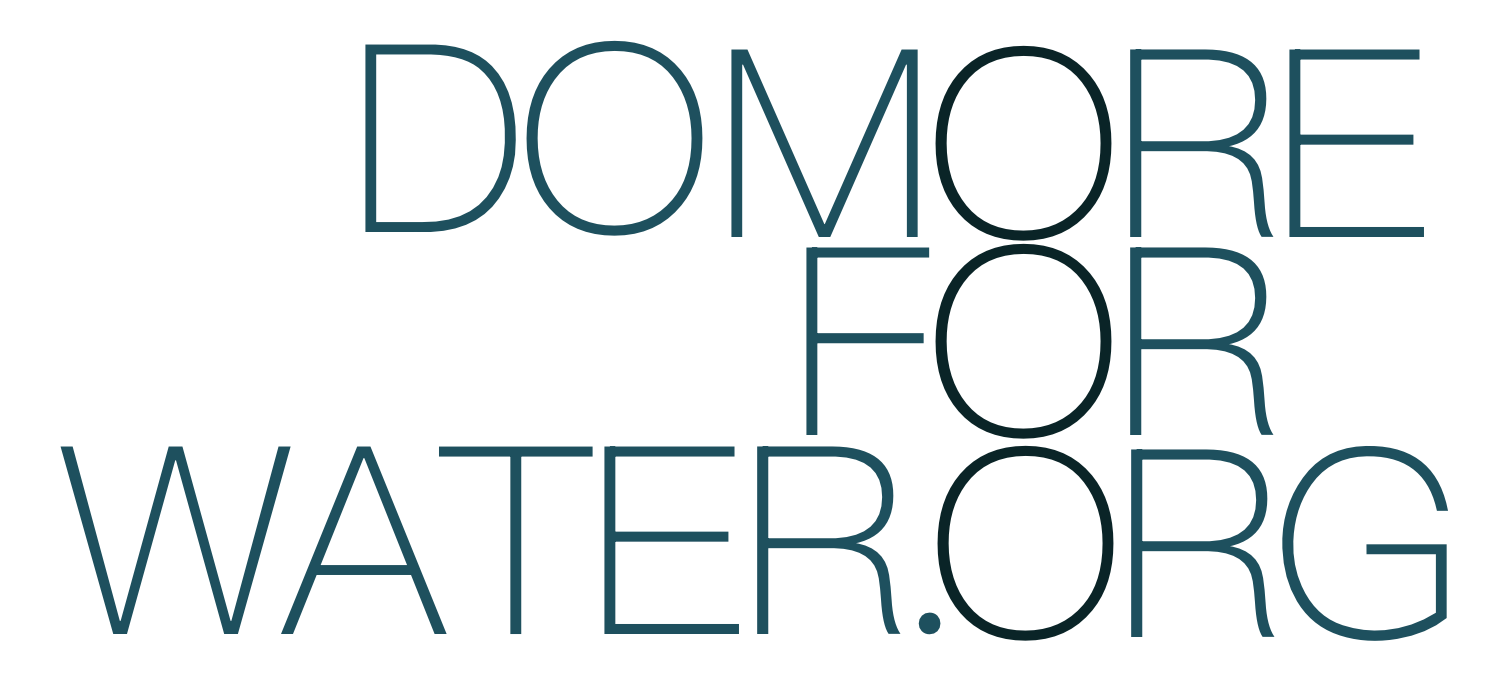Explore
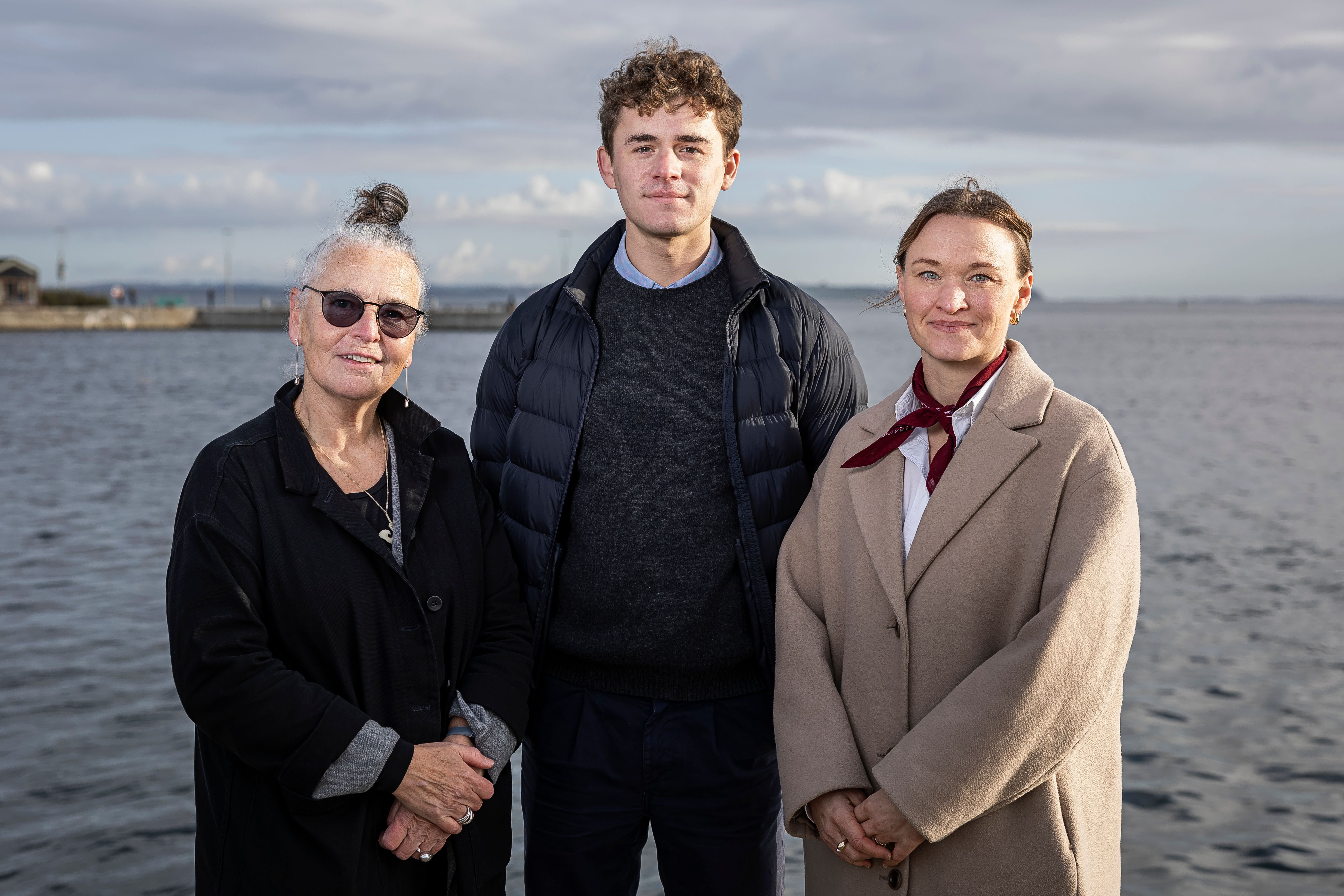
EIT has designated Allwaters the winning consortium to lead EIT Water!
11/17/2025
Allwaters has brought forward a launch-ready proposal, to establish a new knowledge and innovation community (KIC) in the field of water, marine and marintine sectors and ecosystems. They will prioritise 3 key challenges: (1) water scarcity, drought and floods, (2) marine and freshwater ecosystem, (3) the development of a circular and sustainable blue economy. We are proud that the UvA, World Waternet, Deltares and WUR are part of this European ecosystem and look forward to work together and contribute to the water mission of this KIC.

European Commission launches strategy to enhance water security for people, economy and environment
6/3/2025
On June 3rd the Commission adopted the European Water Resilience Strategy aiming at restoring and protecting the water cycle, securing clean and affordable water for all and creating a sustainable, resilient, smart and competitive water-economy in Europe. (European Commission- 3rd of June, 2025)
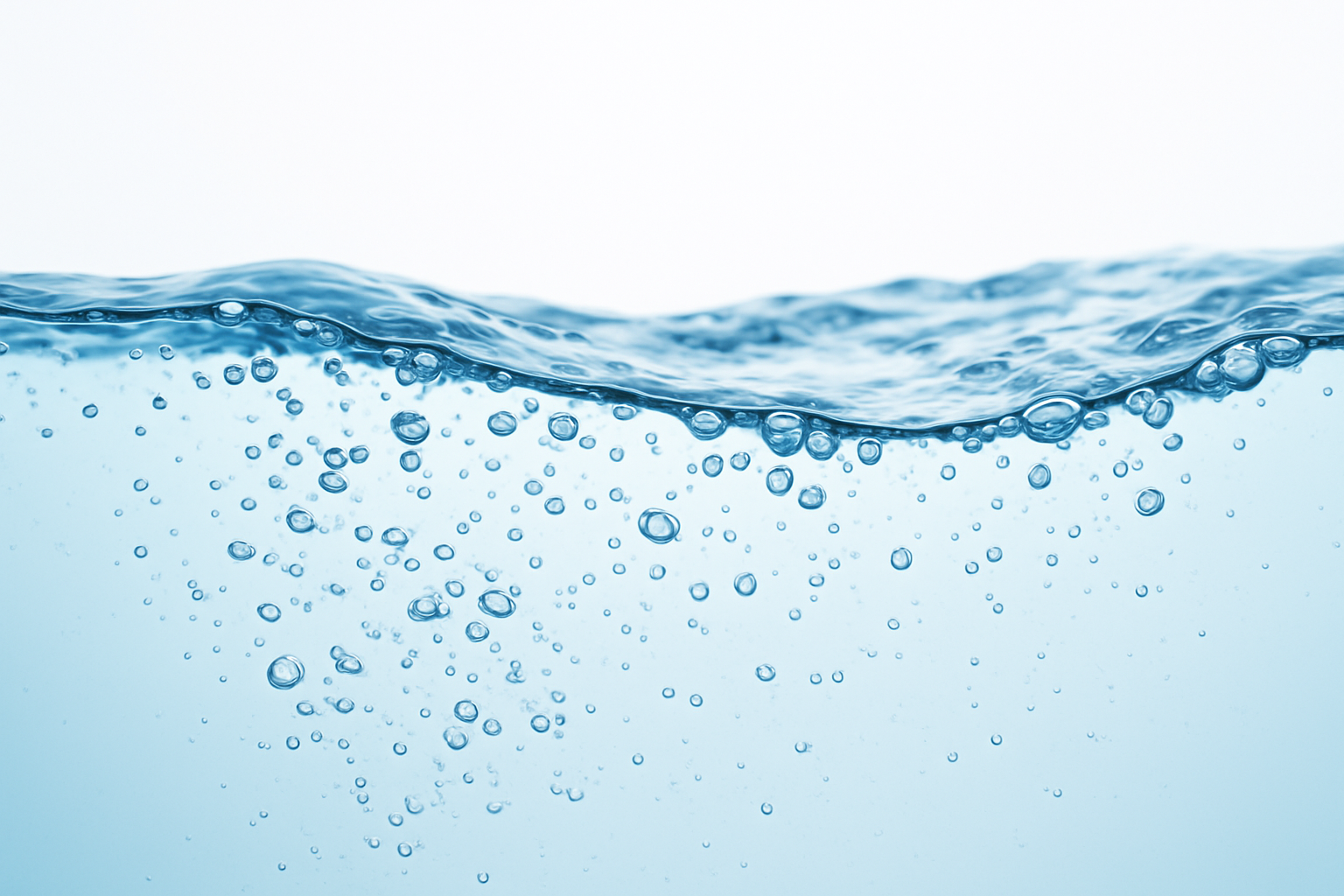
NWO Research Proposal: Safeguard Our Water Future
DoMoreForWater's upcoming ambitious 10-year project where we harnesses data science and AI to create Labs for PHD researchers to collaborate with industry and each other across the most important universities in the Netherlands.

Industry Collaboration
Are you part of an organization interested in shaping future water research? We are preparing an NWO long term research proposal and are looking for partners who want to collaborate. By sharing your questions, ideas, or challenges, we can help connect you with leading scientists working on water-related issues. If you're open to contributing to impactful, interdisciplinary research, let us know by filling out this short form.

The global economy runs on water, not capital
The way we currently govern our economies, water is overlooked, undervalued, and mismanaged. We can not keep treating water as an afterthought and responding to crises as they emerge. We need to recognise that water is the foundation of economic security and prosperity. Read the full opinion piece written by Musonda Mumba, Henk Ovink & Johan Rockström

France just banned PFAS. Here’s why the U.S. hasn’t.
French lawmakers approved legislation banning PFAS in cosmetics, ski wax and clothing. (The Washington Post- 22nd of February, 2025)

Europe edges closer to water resilience strategy
The European Parliament has published its draft report on water resilience with key recommendations for the European Commission to consider as the strategy moves toward adoption. (Aquatech News- 10th of February 2025)

Water management as a strategic competitive advantage
As climate change, population growth, and stricter regulations intensify water-related challenges, forward-thinking companies recognise that sustainable water management is not just an environmental responsibility but a strategic competitive advantage. (Aquatech News- 7th of February 2025)

Co-design the European Water Resilience Strategy: Call for Evidence
The European Commission has launched a Call for Evidence to seek input from stakeholders in designing the future European Water Resilience Strategy. The Call for Evidence is available in all 24 EU languages. Stakeholders can submit their feedback for the four weeks after its publication. The consultation process for the Strategy will also feature a stakeholder roundtable on 6 March in Brussels.

European Commission reports show: We need to do more for water!
The latest European Commission reports show faster progress is needed across Europe to protect waters and better manage flood risks. The reports offer insights into the condition of EU freshwater and marine waters and the actions taken to improve it, as well as measures to reduce flood risks. They also provide country-specific recommendations towards continued progress and sustainable water management across Europe.

PFOS and PFAS levels in US sewage sludge may exceed risk levels
Draft risk assessment guidance published by the US Environmental Protection Agency (EPA) suggests levels of Perfluorooctanoic Acid (PFOA) and Perfluorooctane Sulfonic Acid (PFOS) in sewage sludge being spread on fields are exceeding safe levels. (Aquatech News- 28 of January 2025)

China’s Large and Mysterious Dam Project Is Alarming Neighbors and Experts
The hydropower dam, in quake-prone Tibet, is set to be the world’s biggest. But China has said little about the project, which could affect nearby countries. (NYT- Jan. 27, 2025)

European Federation Calls for Ban on All New PFAS Usage
Use of per- and polyfluoroalkyl substances (PFAS) in consumer products should end immediately if the world is to have a chance of tackling the so-called forever chemicals. (Aquatech News- Jan. 20, 2025)
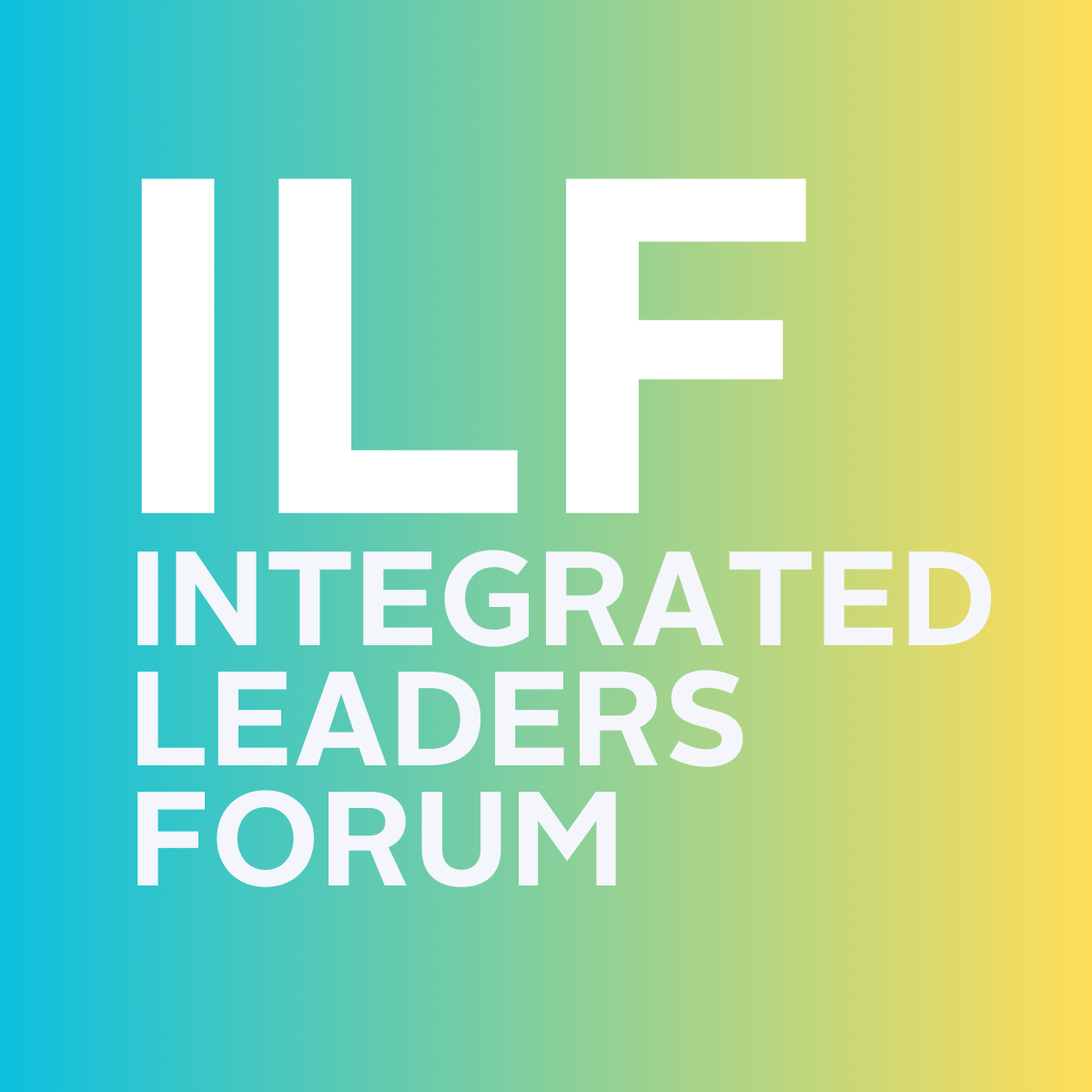
11 march 2025: integrated leaders forum Adam RAI: Strategies for sustainable & resilient water solutions
The Integrated Leaders Forum (ILF) during Aquatech is an exclusive, invitation-only gathering designed for influential decision makers in the water sector. This platform brings together leaders from cities, industries, utilities, and financial institutions to set the stage for future water initiatives. With the ultimate goal of driving impactful change, the ILF agenda focuses on solutions that leverage water as a critical enabler for sustainable and resilient development. Through keynote speeches, panel debates, workshops and roundtable dialogues, participants will shape an action-oriented roadmap, culminating in new co-operations and actionable agreements.
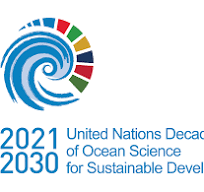
The Science we need for the Ocean we want: interactive platform for activities and resources
The UN Decade of Ocean Science for Sustainable Development (2021-2030) provides an interactive platform for anyone interested in ocean science solutions for sustainable development, connecting people and our ocean. Find Calls for Proposals, join a community of practice, access research publications, webinars, training and other events.
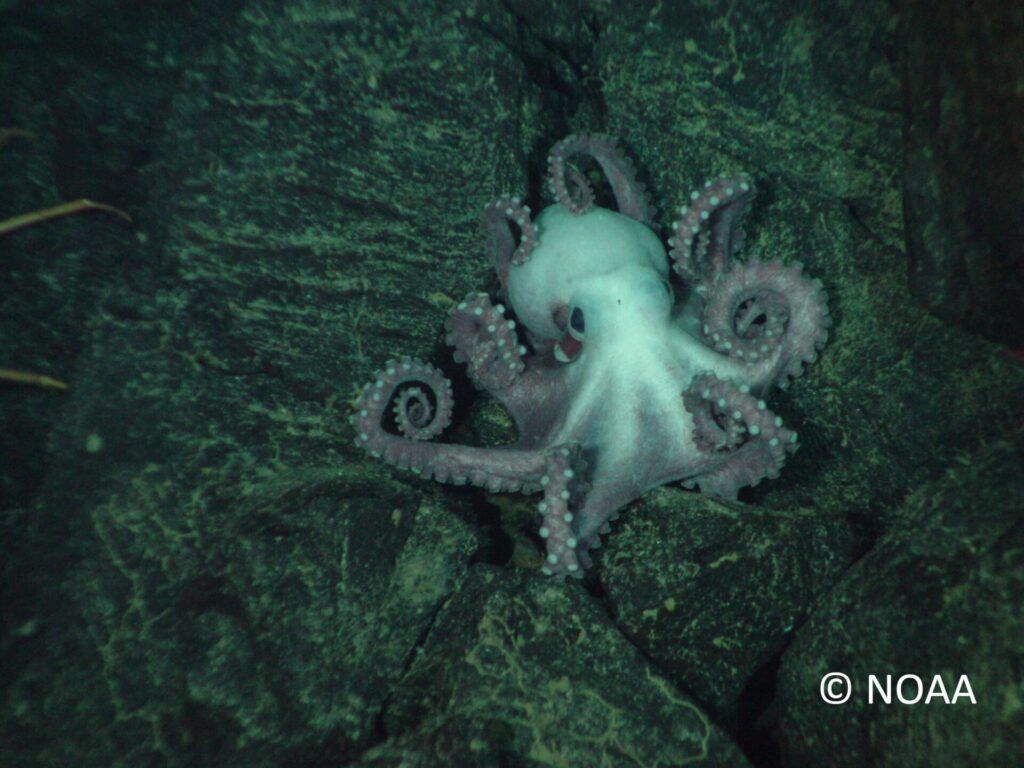
EU roadmap to a healthy and resilient ocean by 2030
We need a healthy ocean and abundant marine life to build a climate-proof future. The current policy landscape cannot bring about change at the scale and pace needed. The Blue Manifesto offers EU decision and policy makers a three-step plan to turn the tide. The Manifesto is supported by more than 140 nature and environmental organisations across Europe
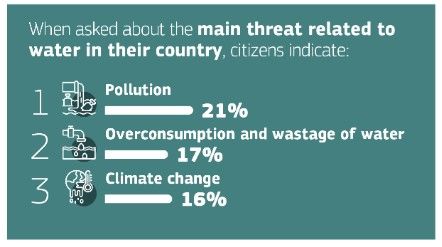
EU citizens say: We must do more for water
According to a recent Eurobarometer, a majority of European citizens consider that the EU should propose additional measures to address water-related problems. Over three quarters (78%) of Europeans consider that the EU should propose additional measures to address water-related problems in Europe. Regarding hazardous chemicals, over half of Europeans (52%) consider that the actual level of protection of human health and the environment from hazardous chemicals is too low and should be increased. When asked about the main threats linked to water issues in their country, the majority of the respondents mention pollution, followed by overconsumption and wasting water. When asked if national stakeholders are currently doing enough to use water efficiently, a majority of respondents considered that none of the stakeholders are doing so. The website provides Detailed findings, Country Factsheets and Data sets from the survey.
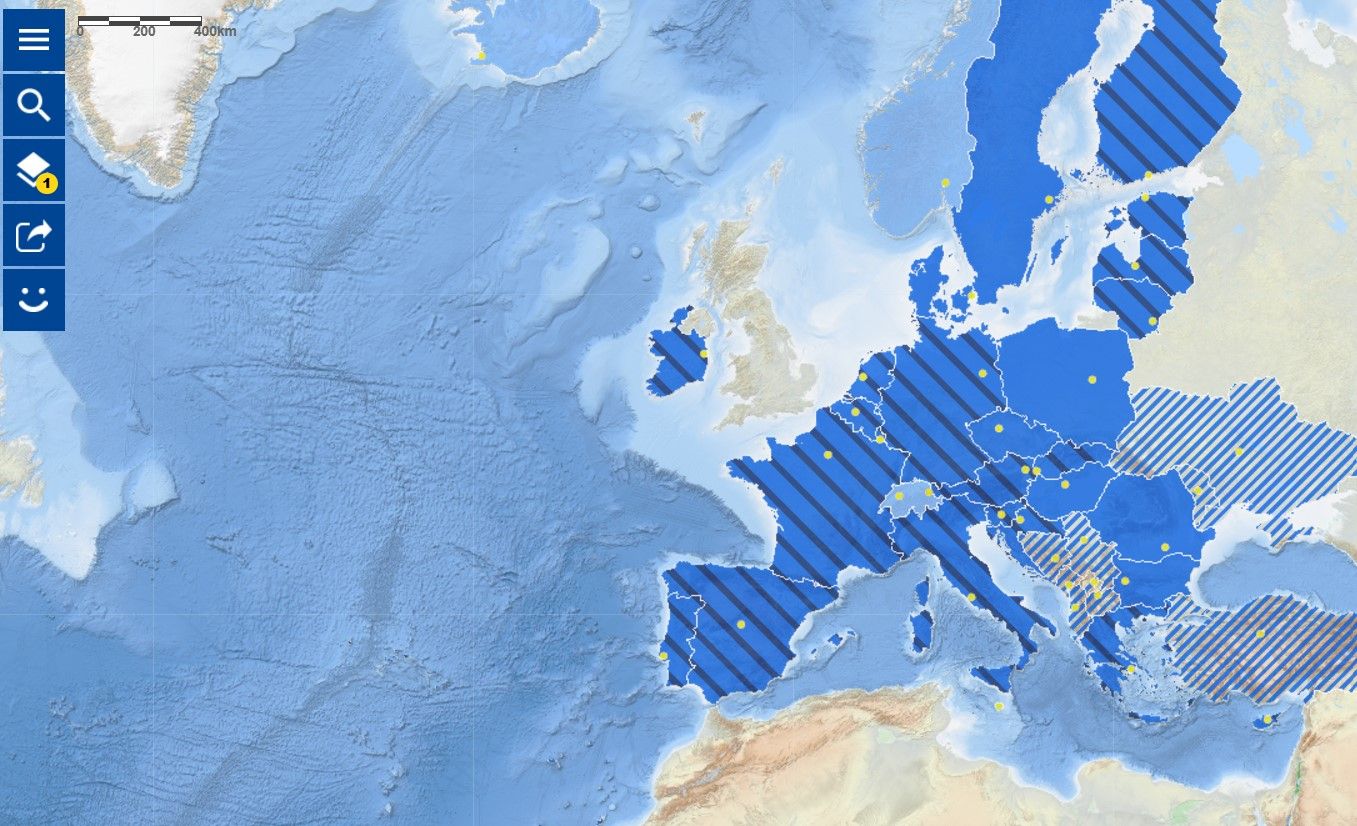
Learn how to use the European Atlas of the Seas
Bring the ocean into your classroom with the European Atlas of the Sea.s Join the European Atlas of the Seas online workshop for teachers on 4 December 2024! Learn how you can use the Atlas to teach ocean related topics and discover the latest developments in the My Maps tool that allow you to create your own working space in the Atlas. Wednesday 4 December 2024, 18:00 - 19:30 (CET)

EU Mission: Restore our Ocean and Waters
The Mission’s new approach will address the ocean and waters as one and play a key role in achieving climate neutrality and restoring nature.
